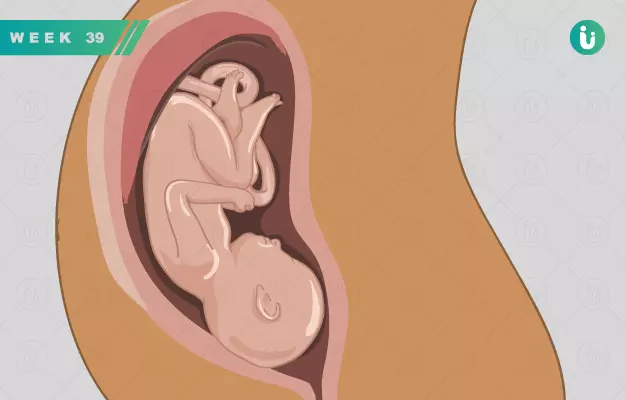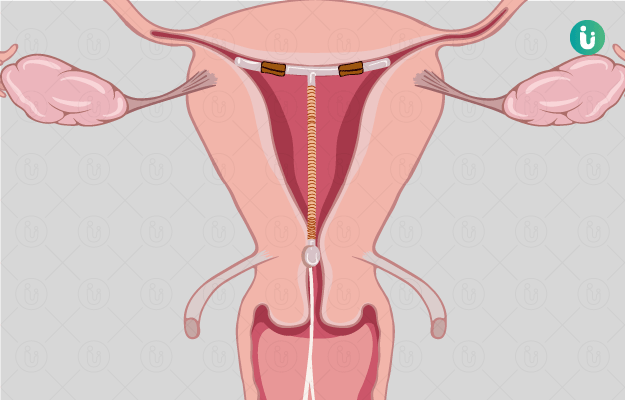Welcome to the 39th week of your pregnancy! With just one week left, you can happily say that you have almost reached the end of your pregnancy. Your anxiety levels may be extremely high right now but don’t worry too much about it - being nervous before your delivery is absolutely normal. In case your anxiety is bothering you a lot then it might be a good idea to speak to your family about it. The best form of treatment for this anxiety is reassurance that should ideally be given to you by your partner but even friends or siblings who have been through this before can be a huge support. Do not forget to visit your doctor this week, especially if you have any comorbidities like high blood pressure or diabetes mellitus. Also, you should ask your doctor for an updated recommendation regarding the mode of delivery based on your present clinical condition - vaginal delivery or C-section.
Pregnant women sometimes develop certain complications at the end of pregnancy even if the gestation period so far has been free of any issues. Try to be aware of the basic problems that may arise this week and know when to contact the hospital in case the situation gets out of hand. Follow your doctor’s advice and do not overexert yourself this week with work. Try to rest as much as you can so you feel fresh on your delivery date. The ultimate goal at the end of these last two weeks is to deliver your baby safely and successfully. Ensure that you consume enough food and liquids as recommended by your dietician.
(Read more: Pregnancy Diet Chart)
The main aim of this article is to make you aware of the numerous changes that might occur in your body this week along with how your baby will deliver this week. This article will also inform you about some of the complications that might occur this week.

































